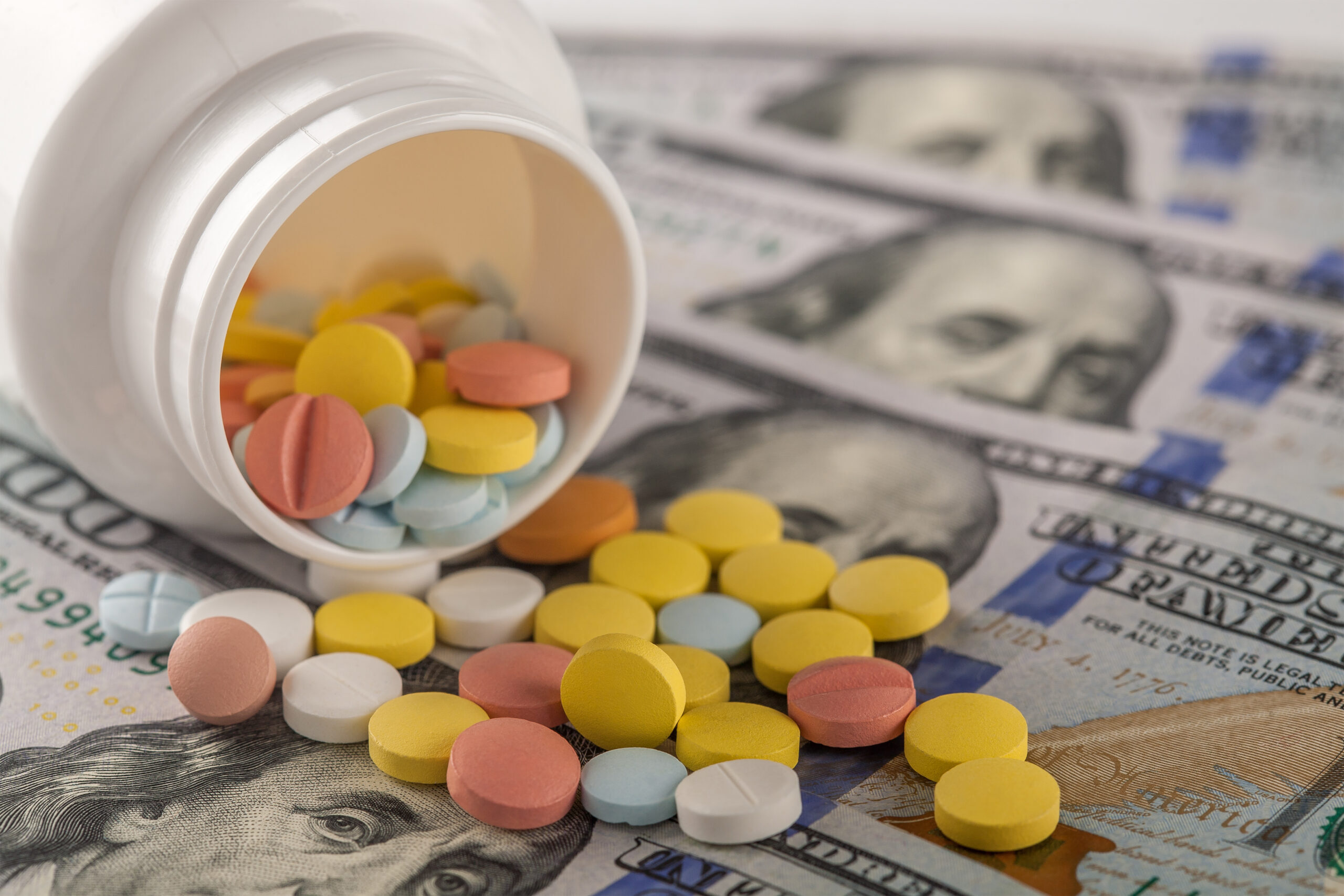© 2025 CSRXP- All Rights Reserved

BIG PHARMA WATCH: ONCOLOGISTS WHO RECEIVED BIG PHARMA KICKBACKS WERE MORE LIKELY TO PRESCRIBE HIGHER PRICED AND LESS EFFECTIVE DRUGS
Oct 27, 2023
Research Exposes How Big Pharma’s Self-Serving Kickbacks Increase Costs and Can Negatively Impact Outcomes for Patients
A new paper published by BMJ found that oncologists who received kickback payments from Big Pharma companies were more likely to prescribe non-recommended or lower-value treatments to patients.
The study examined prescribing practices for Medicare beneficiaries diagnosed with cancer and treated between 2014 and 2019 in two scenarios. The first, prescriptions written for drugs not recommended for specific cancers versus prescriptions for more common or recommended drugs. The second scenario examined prescribing more expensive treatments that offered no additional clinical benefit, such as Abraxane chemotherapy, over more effective or more affordable alternatives on the market.
The most prolific difference in prescribing practices was found in the first scenario, surrounding denosumab, sold by drug maker Amgen as Xgeva in castration-sensitive prostate cancers, which U.S. guidelines recommend against using. The study found that nearly half, 49.5 percent, of patients who were prescribed denosumab were treated by oncologists who received payments from drug makers versus less than one-third of patients who were prescribed the drug being treated by oncologists who did not receive payments.
For Abraxane chemotherapy, a treatment that provides “no benefit to breast and lung cancer patients,” according to STAT News, costs significantly more than other chemotherapies and contributes to “financial toxicity,” 15 percent of patients prescribed Abraxane were treated by an oncologist receiving payments versus seven percent who were treated by an oncologist who was not.
The findings raise concerns over how Big Pharma’s kickback payments to health care providers can impact clinical outcomes for patients, in addition to costs for patients and the health care system.
“It really calls into question how we take for granted the practice of accepting industry gifts, which is so common and so widespread,” said one of the study’s authors, Aaron Mitchell, an oncologist at Memorial Sloan Kettering Cancer Center in New York, in coverage of the study in STAT News. “This shows that it’s possible that industry payments may not always be aligned with best patient interests and outcomes.”
A September study published in JAMA Health Forum found that ophthalmologists who did not accept payments from brand name drug manufacturers were less likely to prescribe higher-priced treatments for age-related macular degeneration.
The study examined prescriptions from more than 21,000 ophthalmologists from 2013 to 2019, using Medicare Part B data. The study examined prescriptions for Eylea, manufactured by Regeneron, as well as Lucentis, manufactured by Genentech, a subsidiary of Roche, compared to prescriptions for Avastin, a much lower-priced treatment.
The study found that ophthalmologists who received drug maker payments were much less likely to prescribe Avastin, the lower-priced option, than ophthalmologists who did not receive drug manufacturer payments. Ophthalmologists who received manufacturer payments prescribed Avastin to just 28 percent of patients, while ophthalmologists who did not receive manufacturer payments prescribed Avastin to 45.8 percent of patients.
Read the full story from STAT News on the paper’s findings HERE.
Read the full paper from The BMJ HERE.
Read more on how Big Pharma tries to cloak kickback payments as charity HERE.
Learn more about bipartisan, market-based solutions to hold Big Pharma accountable HERE.
